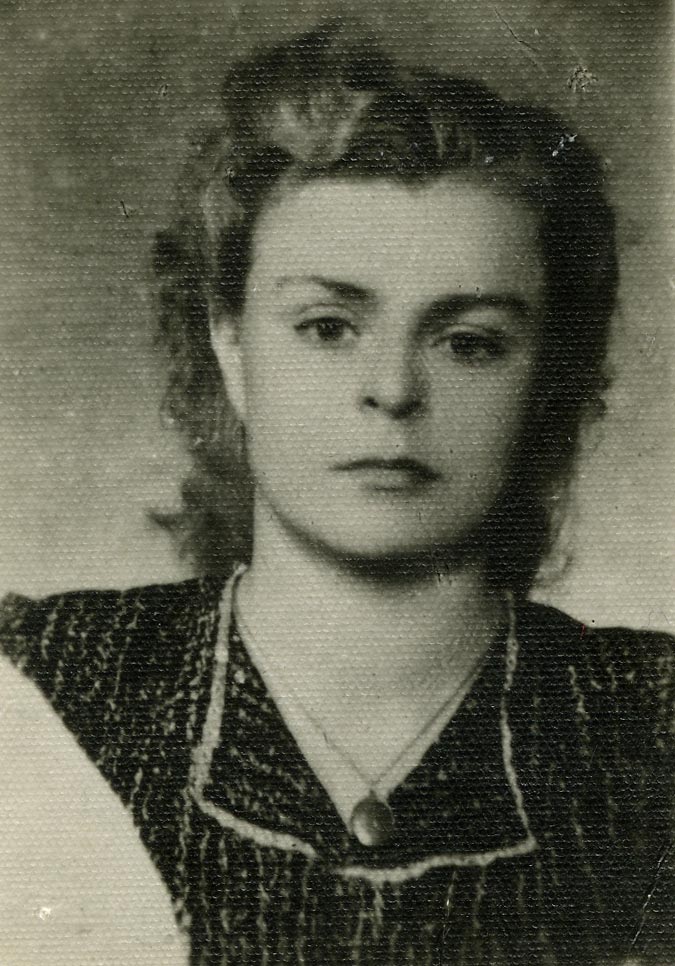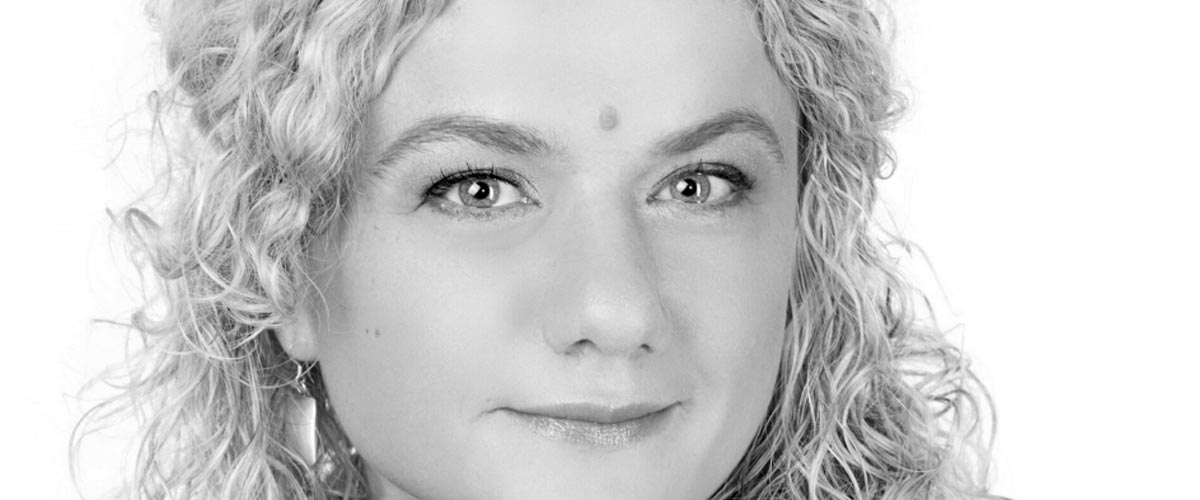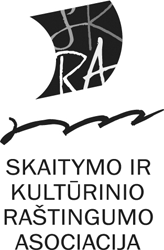The invisible side of Dalia Grinkevičiūtė
SATURDAY, 9 NOVEMBER - 3.00 PM
Translator Vytenė Muschick, translator Carmen Caro Dugo in conversation with Eglė Deltuvaitė,
MO Museum, Events Hall (Pylimo g. 17, Vilnius)
Free entrance
Duration 60 min
During the event, the writings by Dalia Grinkevičiūtė will be introduced: the history of the book Lietuviai prie Laptevų jūros, the manuscripts of the book and their destiny. The (in)visibility of the author in Lithuania and the work on making her writings more popular in the world will be discussed. How do people react to this book? Can foreign readers understand the theme of exile in a new way? Participants: translators Vytenė Saunoriūtė Muschick and Carmen Caro Dugo. Moderator Eglė Deltuvaitė.
Eglė Deltuvaitė is the head of Culture department at Klaipėda City Municipality since 2018. In 2006 graduated from the Insitute of International Relations and Political Science of Vilnius University. In 2008 gained MasterDegree in UNESCO Cultural Management and Cultural Policy department of Vilnius Art Academy. 2006–2008 working as a programs’ manager in Lithuanian Photographers’ Association. 2008–2009, coordinator of Visual Arts’ projects of the national programme “Vilnius – European Capital of Culture 2009”. 2008–2011, organizer of International Art Photography Festival “In Focus” in Vilnius. Since 2009 is a member of the board at Lithuanian Photographers’ Association. From 2009 director of public institution “Culture Menu”, specialized in photography and publishing field. From the beginning of 2011 till 2018 was the head of the EU programme “Culture” (later “Creative Europe”) in Lithuania.
 Dalia Grinkevičiūtė
Dalia Grinkevičiūtė
About Dalia Grinkevičiūtė
Dalia Grinkevičiūtė was a writer and an exile. She was born in 1927 in Kaunas, her father worked in a bank. During the first wave of mass exile in 1941, Dalia, her mother Pranė Grinkevičienė and her brother Juozas were deported to Trofimovsk Island in the Arctic Ocean, 500 km behind the Arctic Circle. The father was separated from the family and died in 1943. In 1949 Dalia and her mother escaped and captured her painful experience in 229 separate sheets, put them all in a jar and buried it. In 1950 Dalia’s mother died and she illegally buried her in a basement of the house. Soon after, Dalia was arrested and repeatedly exiled. In 1956 she could return to Kaunas and to continue her medical studies in Omsk. From 1960 to 1974 she worked as a doctor in Laukuva dispensary. She could not find the hidden jar, so she wrote her memoirs again. It was distributed in a self-published way and thanks to Andrei Sakharov and Yelena Bonner it reached Paris, then the US. In 1988 it was first published in Lithuania in “Pergalė” magazine.
Dalia Grinkevičiūtė died in 1987 before her first publication in Lithuania. In 1991, Nijolė Vabolienė found Grinkevičiūtė’s hidden jar unexpectedly while planting a peony bush. In 1997 all the manuscripts of the author were published for the first time in the memoirs Lietuviai prie Laptevų jūros collected by the Publishers' Union of Lithuania. Now the first manuscript is in the National Museum of Lithuania and the writings of Dalia Grinkevičiūtė are included in the canon of Lithuanian culture and school programs.

























